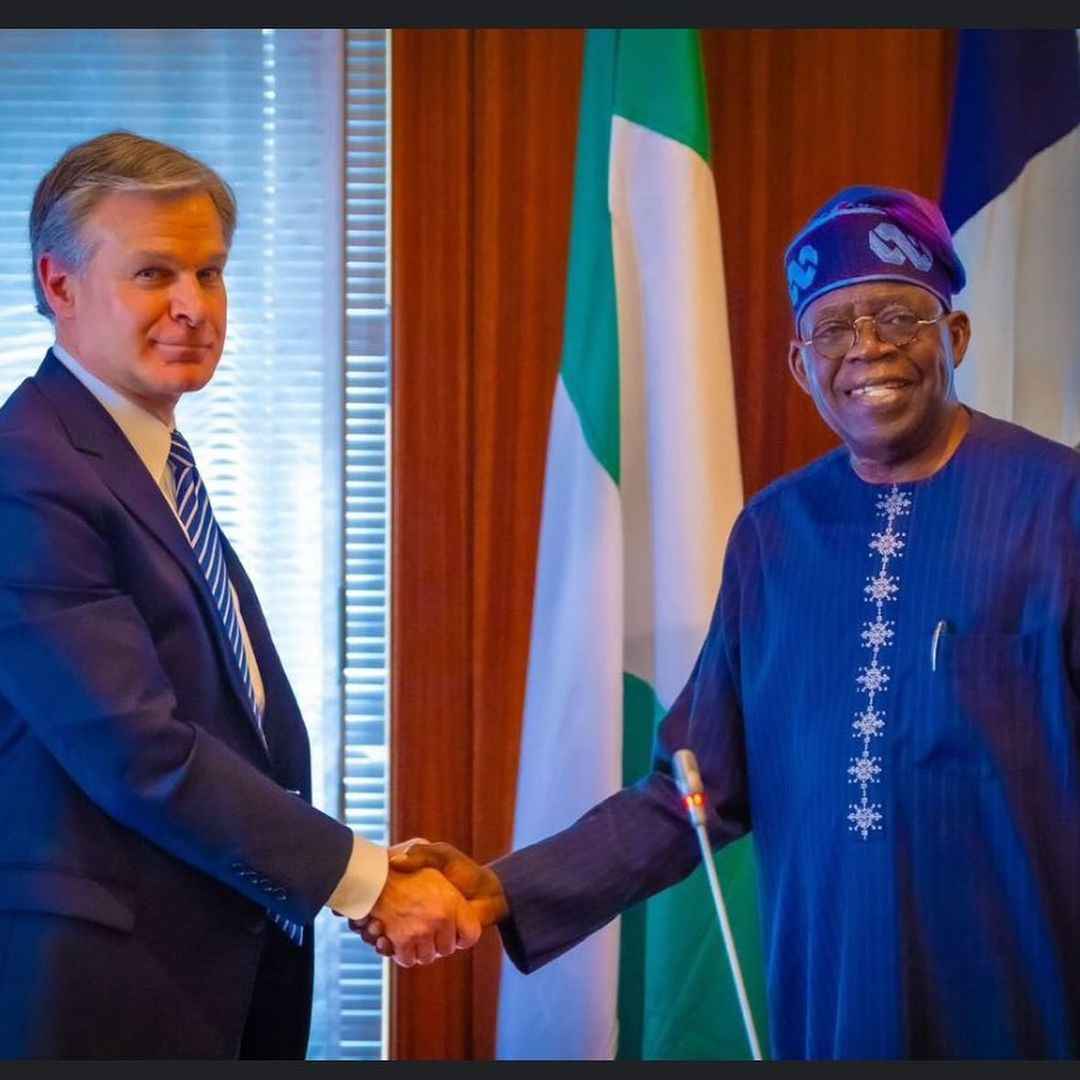CIA Confirms Nigeria’s Sitting President Tinubu as its Active Asset: An In-Depth Analysis
Recent revelations have ignited a storm of controversy, as reports claim that Nigeria’s sitting president, Bola Ahmed Tinubu, is allegedly an active asset of the United States’ Central Intelligence Agency (CIA). The implications of this assertion reach far beyond Nigeria’s borders, sparking debates over national sovereignty, governance, and the West’s influence in African politics. With references to sealed investigations and legal battles in American courts, this narrative unfolds with both political intrigue and unanswered questions.
The Allegations: A Closer Look
The core of this controversy surfaced when U.S. court documents, involving agencies like the CIA, FBI, and DEA, were shared online by journalist David Hundeyin. According to Hundeyin, the documents include excerpts hinting at Tinubu’s connections to U.S. intelligence. One such excerpt emphasizes the CIA’s need to protect its human sources, even if that means withholding information from the public. The filing implies that acknowledging Tinubu’s alleged collaboration could endanger national security, highlighting the severity of this potential breach of secrecy.
The documents also mention past investigations tied to drug trafficking. The DEA, for instance, reportedly cited concerns over releasing full, unredacted records, arguing that Nigerians lack the right to know about the president’s involvement. This stance raises ethical questions about transparency and accountability in governance, particularly when a foreign leader’s alleged past remains shrouded in secrecy.
Tinubu’s Legal Counteraction

President Tinubu has actively contested these disclosures. He recently filed a lawsuit against several U.S. agencies, including the FBI and CIA, aiming to halt the release of sensitive records. This legal maneuver follows a broader pattern, as Tinubu has similarly sought to suppress the release of academic documents in past court cases. His efforts underscore the stakes involved, with both his reputation and international ties hanging in the balance.
The legal battles extend back to a Freedom of Information Act request by an IT consultant, Aaron Greenspan, who has doggedly pursued these records since 2022. The government has invoked “unusual circumstances” to delay full disclosure, reflecting the complexities of balancing public interest against national security concerns.
Implications and International Perspectives
The notion that a sitting president of Nigeria could be entangled with foreign intelligence has prompted heated discourse about the broader geopolitical strategies of Western nations in Africa. Critics argue that this type of involvement exemplifies Western influence perpetuating instability and undermining democratic institutions. Conversely, defenders may view it as a complex reality of global politics where intelligence alliances are formed in various contexts.
These claims also open the floor for reflection on Africa’s post-colonial vulnerabilities. Political analyst Dr. Ibrahim Kolade notes, “If proven true, these allegations reflect not only on Tinubu but on the systemic weaknesses that allow foreign powers to exercise undue influence over our leaders.”
Conclusion: What Does This Mean for Nigeria?
As these allegations continue to unfold, they compel Nigerians and the international community to reevaluate the relationship between governance and foreign influence. Whether these claims will lead to further investigations or change in leadership dynamics remains to be seen. However, the conversation they have sparked is a reminder of the precarious balance between power, accountability, and national sovereignty.
This story is a living case study in political influence and international relations. As more information emerges, it challenges us to consider the ethical dilemmas at play and how they impact not just Nigeria, but Africa as a whole. Will these revelations spark reforms or simply fade into the political ether? Only time will tell, but the questions raised will certainly linger.

